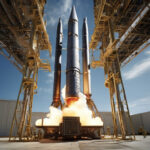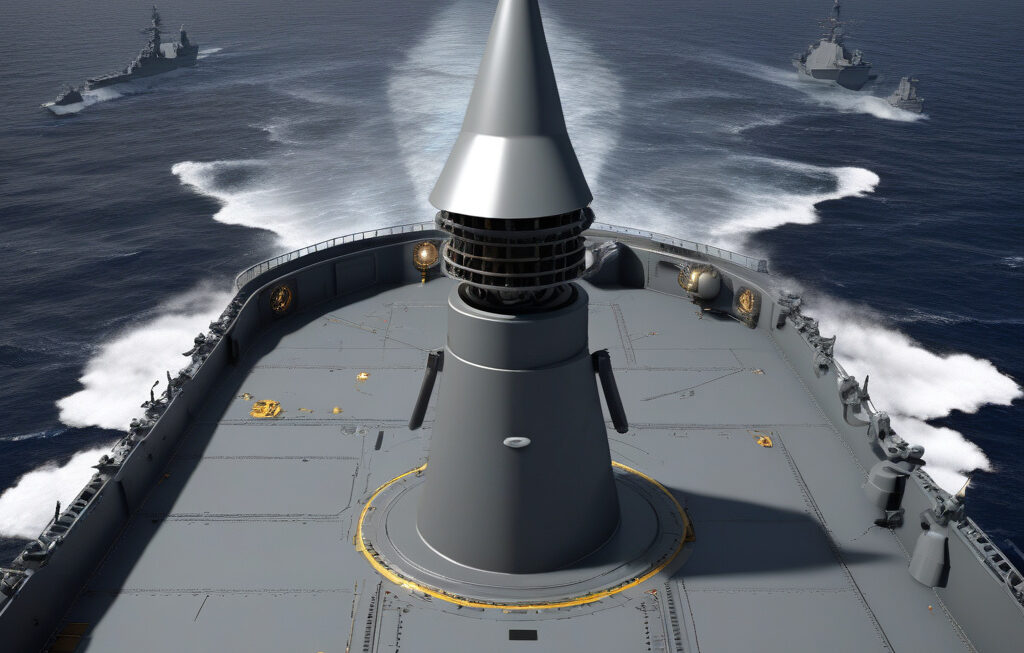How Elon Musk’s SpaceX Accidentally Helped DARPA Build a ‘Rocket Radar’
A team of researchers working on DARPA’s Atmosphere as a Sensor (AtmoSense) program made an unexpected breakthrough recently. The project, which aims to detect missile launches by observing disturbances in the Earth’s atmosphere, received an unintentional assist from Elon Musk’s SpaceX. This collaboration highlights the unpredictable ways in which innovation can occur, even in the realm of defense technology.
The serendipitous connection between SpaceX and DARPA began when a SpaceX Falcon 9 rocket launched from Cape Canaveral, Florida. As the rocket ascended into the atmosphere, it left a distinctive trail of exhaust gases in its wake. While this may seem like a routine occurrence for a rocket launch, the researchers involved in the AtmoSense program recognized an opportunity to leverage this phenomenon for their own purposes.
By analyzing the data collected from the rocket’s exhaust plume, the researchers were able to develop a new method for detecting and tracking rocket launches in real-time. This unexpected development represents a significant advancement in the field of missile launch detection, with potential applications in national security and defense.
The success of the AtmoSense program serves as a testament to the power of interdisciplinary collaboration. By bringing together experts from diverse fields such as aerospace engineering, atmospheric science, and defense technology, DARPA was able to achieve a breakthrough that may have otherwise been impossible.
Furthermore, this collaboration underscores the importance of being open to unexpected sources of inspiration. In this case, what initially appeared to be a routine rocket launch turned out to be a catalyst for innovation in an entirely different domain. It serves as a reminder that breakthroughs can come from the most unexpected places, and that keeping an open mind is crucial in the pursuit of progress.
As DARPA continues to refine the technology developed through the AtmoSense program, the implications for national security are significant. The ability to detect and track missile launches in real-time could provide a crucial strategic advantage in an increasingly complex and unpredictable global security environment.
In conclusion, the accidental collaboration between SpaceX and DARPA highlights the unpredictable nature of innovation and the power of interdisciplinary cooperation. By remaining open to unexpected sources of inspiration and embracing collaboration across disciplines, researchers can unlock new possibilities and drive progress in ways that were previously unimaginable.
#ElonMusk, #SpaceX, #DARPA, #AtmoSense, #RocketRadar












